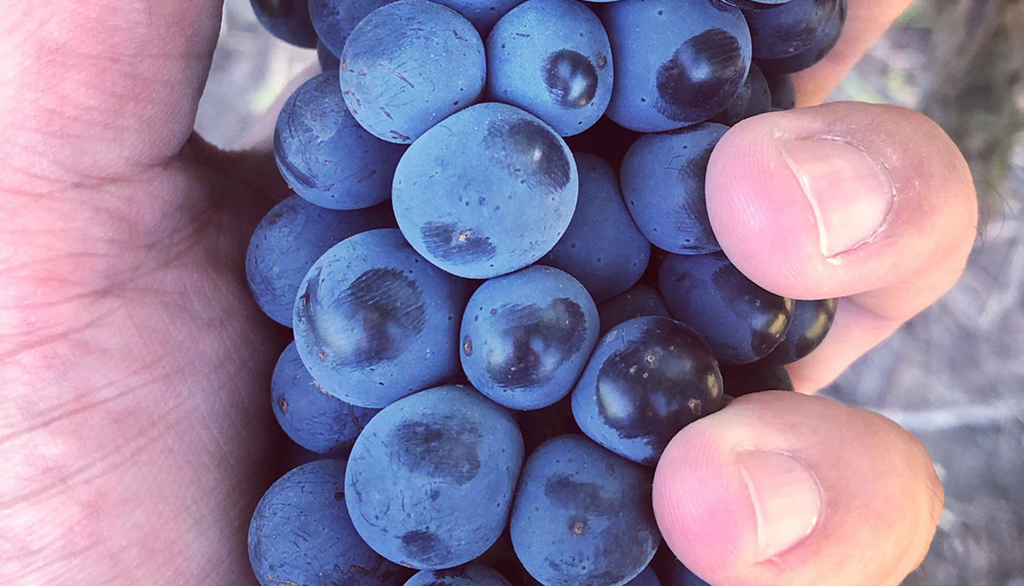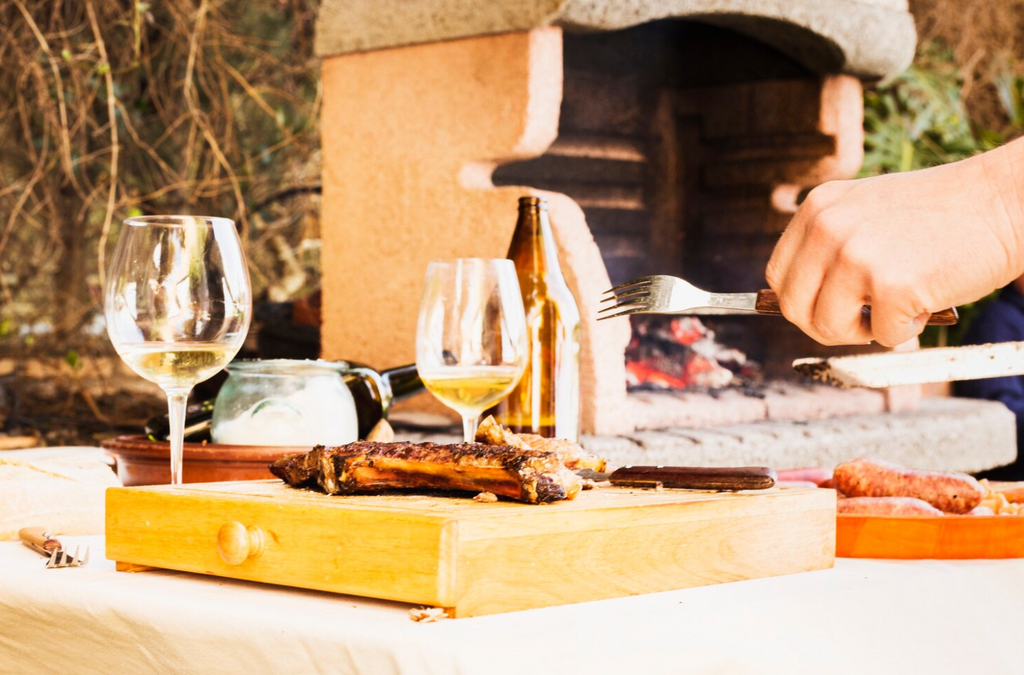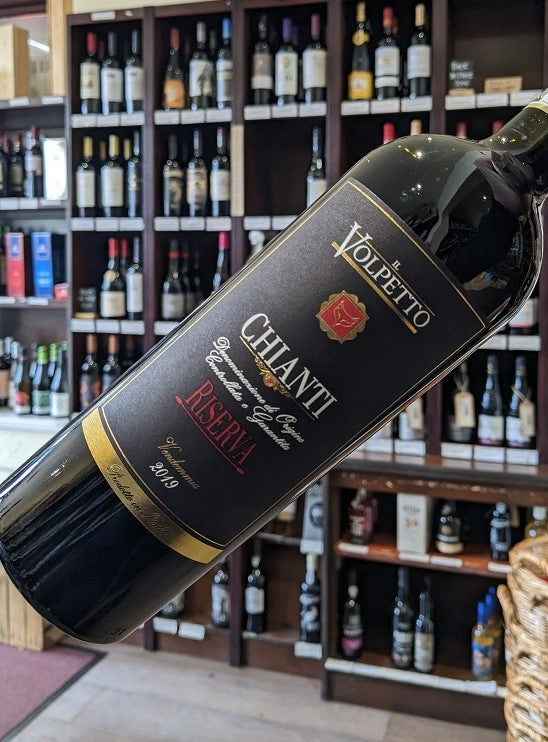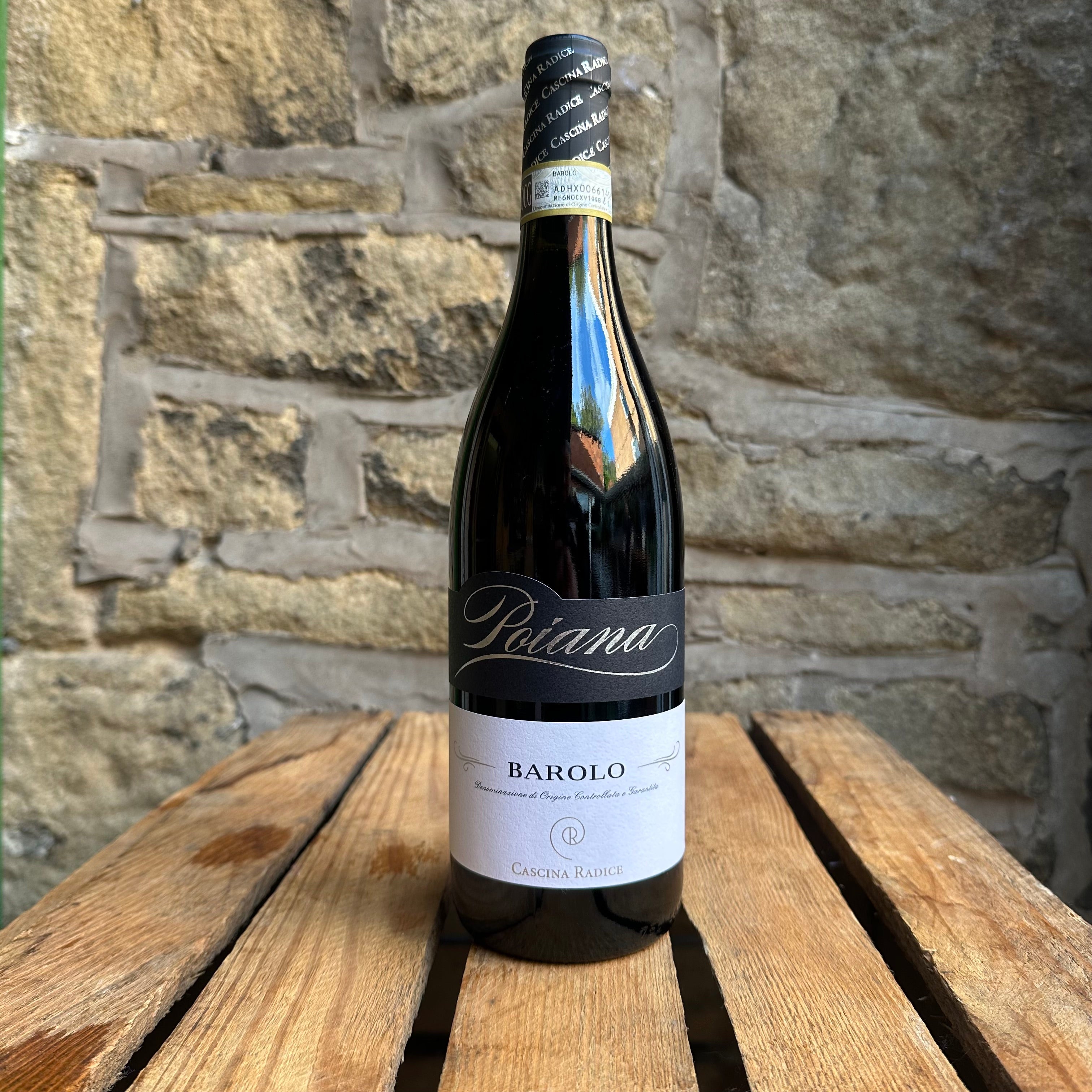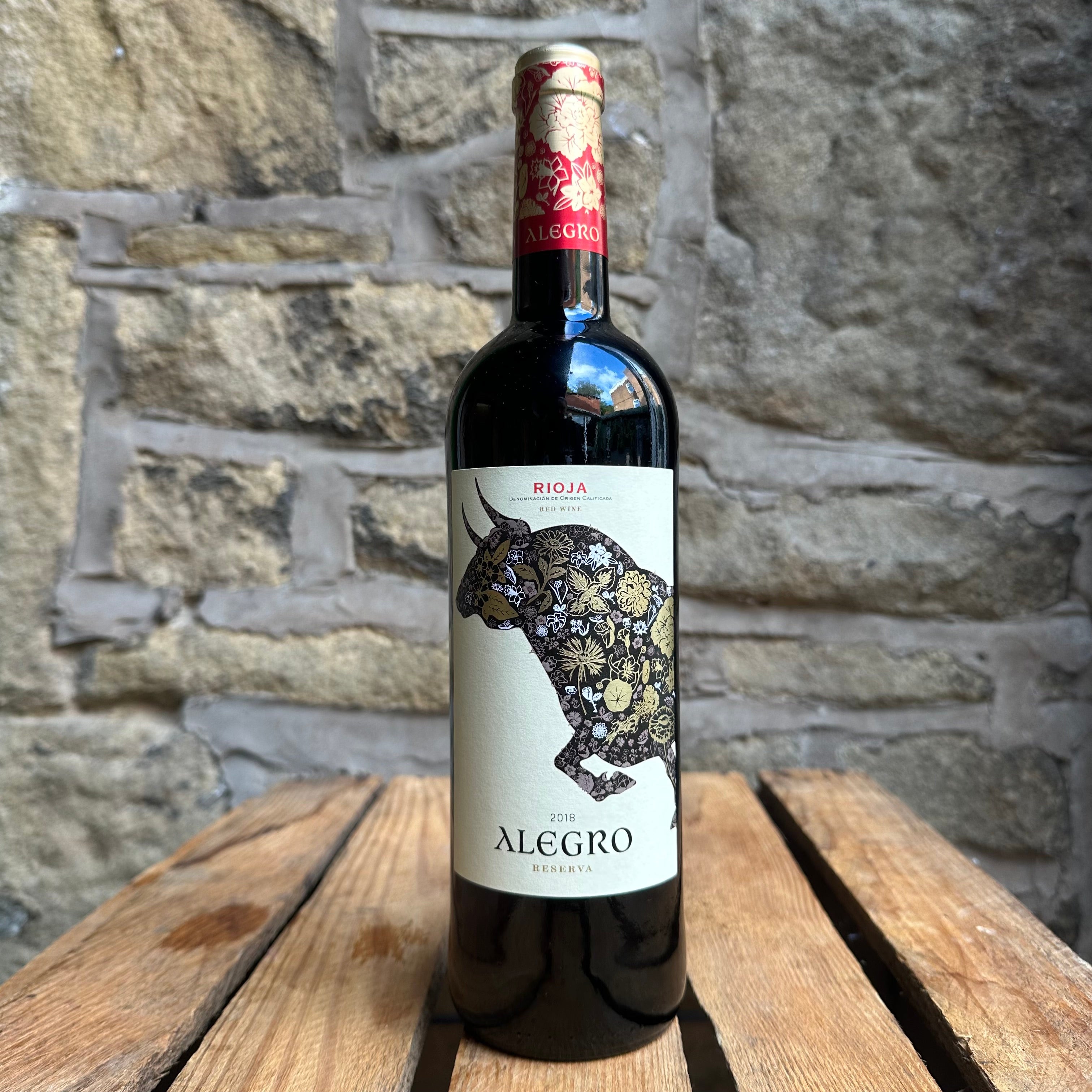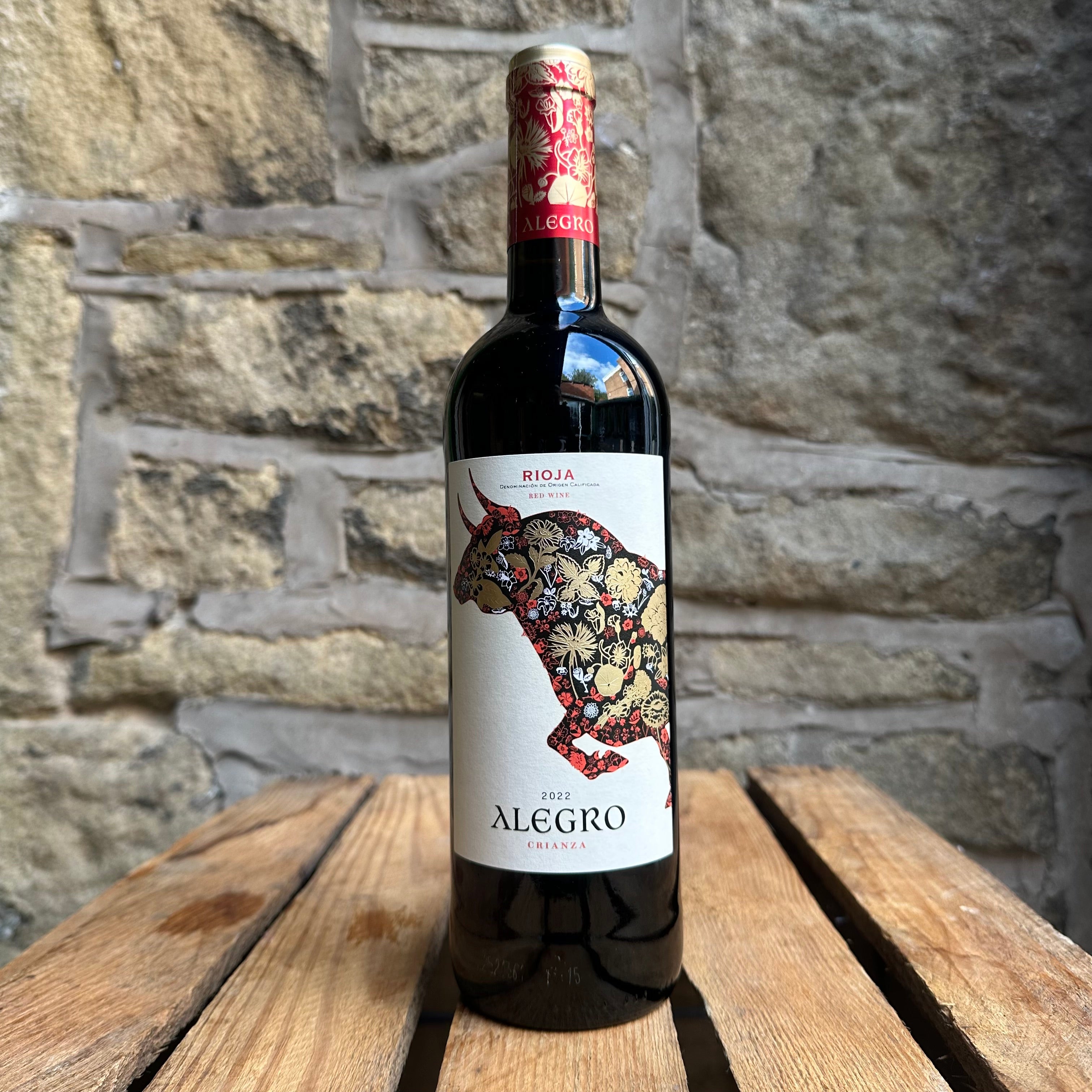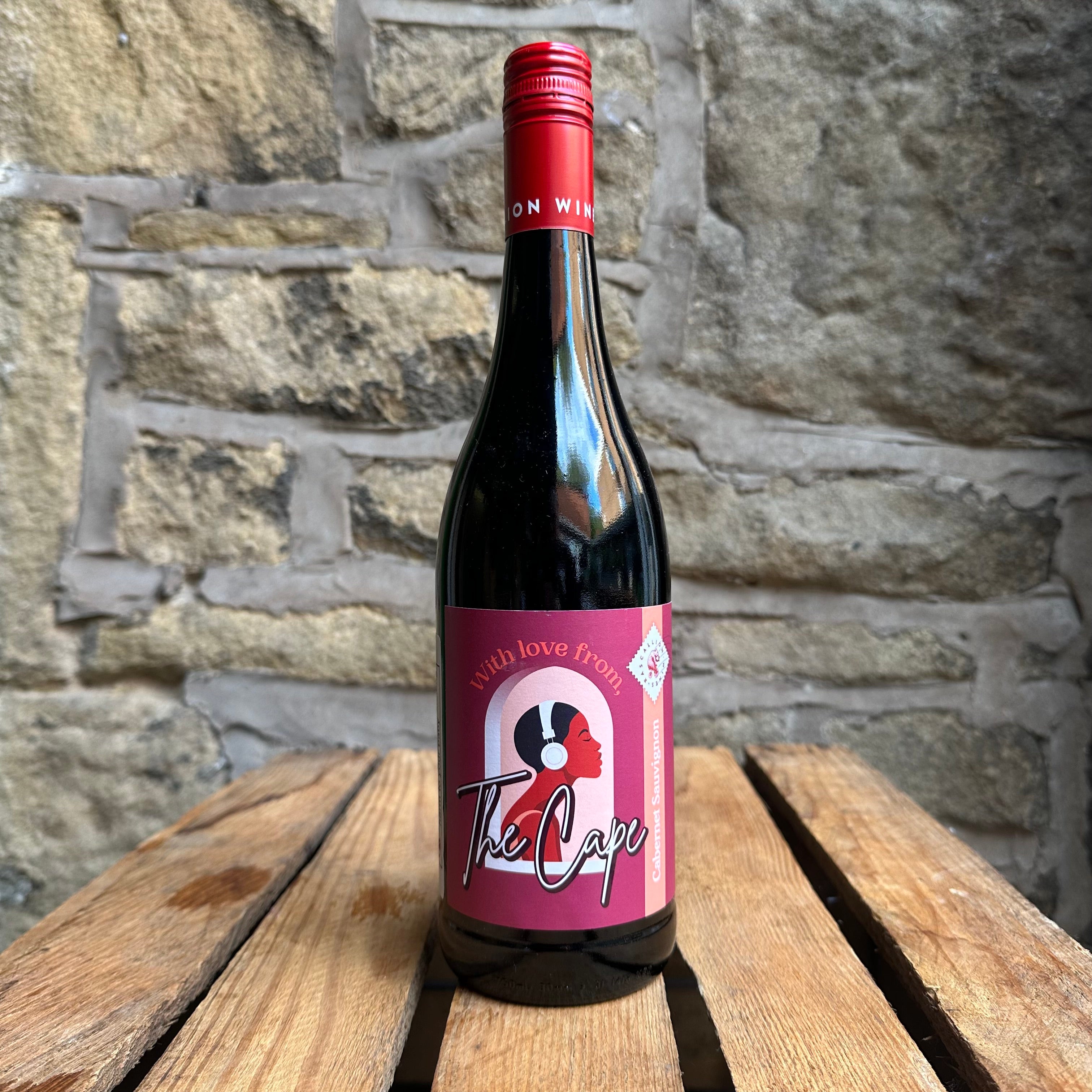
Purest Primitivo

The last decade has seen Italian Primitivo gaining international recognition as a varietal wine from southern Italy's Puglia region. A grape with a long history, it is also known as Zinfandel in California, Crljenak Kastelanski in Croatia (where the grape originally came from to Italy), and more recently realised as the Kratosija grape in Macedonia. We take a look at the Italian incarnation of this grape and its full-flavoured wines.
Primitivo is so named due to its early ripening, often harvested in August and is one of the most popular grapes in Puglia, with over 11k hectares of vineyard dedication. It takes great care to bring to fruition, with its thin, dark skin vulnerable to small changes in weather, low to medium yields, and a high chance of over-ripening within just a few days of reaching its peak for harvest. The hard work and care placed in the vines certainly pays off though, with grapes that are full of flavour concentration, deep colour and high sugar content becoming high ABV. The minimum is often 13% with many 14% or higher. Its tannic tendencies mean that wines often undergo long maturation in bottle or barrel for many years. In the DOC of Primitivo di Manduria, a reserva Primitivo wine must have a minimum of 24 months maturation, 9 months at least of which must be in oak.
A classic Primitivo wine will show more Old World ripe fruit and spice than the jammy flavours of a Californian Zinfandel. Typical profiles include plum, red/black cherry. sour cherry, spice such as pepper and liquorice, earthy tones of Mediterranean vegetation, and even hints of raspberry. Youthful examples can be unoaked and fresh such as the Paolo Leo 6th generation family-owned estate's offering (13.5% £10.50). A medium-bodied, soft, fresh wine with fragrant aromas of subtle cherry and small red fruits. For fuller body, San Marzano's Primitivo (13.5% £11.20) shows intense aromas of plum, cherry, sweet spice, rosemary and vanilla with exquisite balance making it very easy to drink.
The most respected Primitivo wines come from its Italian home of Manduria, hence the DOC of Primitivo di Manduria in Tarento Province where the grape was first brought over from Croatia in 1881 and the first wine produced in 1891. The areas red and volcanic soils help soften the hot, dry climate and low elevation to keep the grape thriving. Expect magnified intensity from these wines. San Marzano 62 Reserva (14.5% £27.90) uses precious grapes from very old vines, manually harvested and aged for 18 months in French and American oak. The result is an extraordinarily intense, elegant and long lived wine showing a complex fruity fragrance of plum, cherry jam, tobacco and slight spice. Full-bodied and smooth on the palate with rich tannins and a finish that offers notes of cocoa, coffee and vanilla. If you're on a budget, Paolo Leo also bring us a Primitivo di Manduria (14% £13.00) that is again, manually harvested, with 6 months in American oak barrels. A pronounced bouquet of ripe cherry and black cherry precede a satisfying palate showing notes of dried figs, overripe fruit, hints of coconut and chocolate shining through for a sweet and savoury attack alongside enveloping and velvety tannins.


